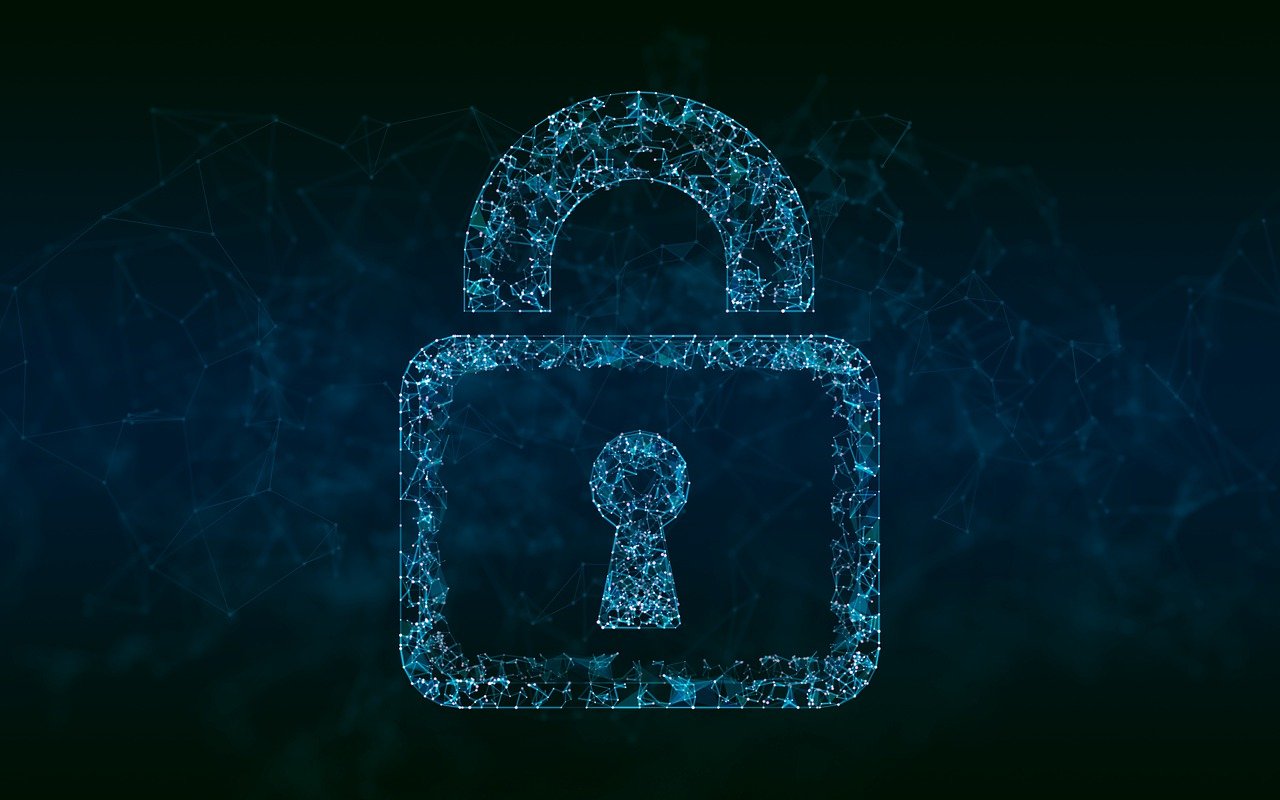· 4 min read
What is Tokenized IP | Definition and Meaning
Tokenized IP refers to the process of converting aspects of intellectual property into tokens, enhancing security, transparency, and facilitating transactions in the digital age.

What is Tokenized IP?
Tokenization is a process that converts sensitive data into unique identification symbols, referred to as tokens, which retain all the essential information about the data without compromising its security. One of the crucial applications of tokenization can be found in the realm of intellectual property (IP) management. This article aims to explore the concept of tokenized IP, explaining its definition, significance, and broader implications in the modern digital landscape.
Understanding Tokenization
To grasp the essence of tokenized IP, it�s essential first to understand tokenization itself. At its core, tokenization involves replacing sensitive data elements with non-sensitive equivalents. These tokens can then be used in place of the original data during processing and storage, ensuring that the original information is not exposed to potential risks.
The Mechanics of Tokenization
- Data Identification: Determine the sensitive component that requires protection.
- Token Generation: Create a unique token that corresponds to the identified data.
- Data Mapping: Store the mapping of the original data to the token securely.
- Usage of Tokens: Use tokens in place of the original data in systems, applications, and processes while keeping the original data secure.
What is Tokenized IP?
Now, let�s dive into tokenized IP itself. Tokenized IP refers to the practice of converting aspects of intellectual property into tokens. This includes patents, copyrights, trademarks, and trade secrets. By tokenizing IP, entities can engage in secure transactions, protect ownership rights, and ensure that their intellectual assets are managed and utilized effectively.
The Process of Tokenizing Intellectual Property
Identification of IP Assets: Companies identify the intellectual property they wish to tokenize�this could be a patented invention, a copyrighted piece of software, or a trademarked logo.
Creation of Digital Tokens: Digital tokens are created to represent these assets. Each token serves as a digital timestamp and proof of ownership on a distributed ledger, often utilizing blockchain technology.
Smart Contracts and Licensing: Utilizing smart contracts, parties can easily control and transfer rights associated with the tokenized IP. This ensures that licensing conditions are met automatically, thus streamlining the IP management process.
Advantages of Tokenizing IP
Tokenizing IP brings forth numerous advantages:
Enhanced Security: The tokenization process reduces the risk of intellectual property theft and infringement by obfuscating the original data.
Increased Liquidity: Tokenized assets can enable fractional ownership, allowing investors to buy and sell shares in lucrative intellectual properties, thus enhancing market liquidity.
Facilitated Transactions: Transactions involving licenses and transfers can be performed seamlessly and more rapidly compared to traditional methods, minimizing the time and resources spent on legal processes.
Transparency and Traceability: With the incorporation of blockchain technology, each tokenized IP transaction is logged, making it easier to trace the history and ownership rights of the intellectual property.
Applications of Tokenized IP
Tokenized IP has practical applications across various sectors:
Entertainment and Media: Tokenization is increasingly being used to track copyright and ownership for films, music, and digital content, ensuring that creators are compensated fairly.
Technology and Innovation: Startups and tech companies leverage tokenized IP to protect their innovations while attracting investments by offering fractional ownership of patents or proprietary technologies.
Pharmaceuticals: Tokenization can help manage and license patents for new drugs, ensuring that researchers� rights are maintained while fostering collaboration.
Challenges of Tokenizing IP
Despite its numerous advantages, tokenized IP also faces challenges:
Regulatory Uncertainty: The legal landscape surrounding tokenized assets is still evolving, causing confusion about rights and responsibilities.
Technical Hurdles: The implementation of blockchain and tokenization technologies requires specialized knowledge, posing potential barriers for smaller entities.
Market Acceptance: Educating businesses and stakeholders about the benefits of tokenized IP and convincing them to adopt this new model can be a challenge.
Tokenized IP represents a significant evolution in the management and protection of intellectual property in the digital age. By embracing tokenization, businesses can secure their innovations while fostering investment opportunities and streamlining licensing processes. As the landscape of intellectual property ownership continues to evolve, tokenization stands out as a key player in enhancing security, transparency, and efficiency.
Ultimately, with ongoing technological advancements and an increase in digital asset adoption, the future of tokenized IP looks promising.

